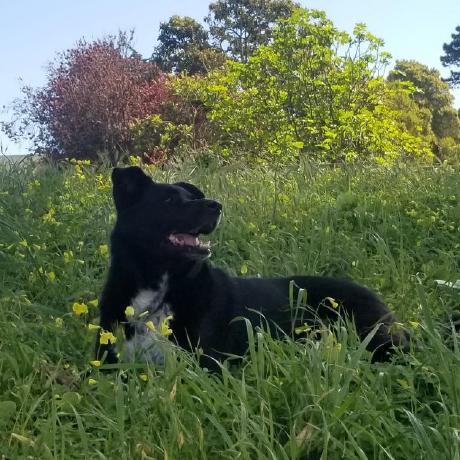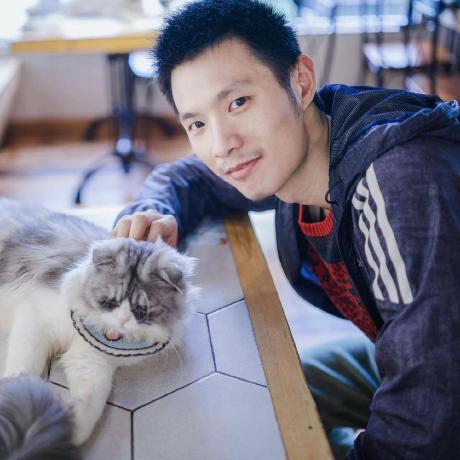Discover and explore top open-source AI tools and projects—updated daily.
ddrm by  bahjat-kawar
bahjat-kawar
Research paper for diffusion-based image restoration
Top 50.8% on SourcePulse
Denoising Diffusion Restoration Models (DDRM) provides official code for a NeurIPS 2022 paper, enabling the use of pre-trained Denoising Diffusion Probabilistic Models (DDPMs) to solve general linear inverse problems. It offers efficient restoration without problem-specific supervised training, targeting researchers and practitioners in image processing and generative modeling.
How It Works
DDRM leverages pre-trained DDPMs by reformulating inverse problems as a sequence of denoising steps. It adapts the diffusion process to incorporate conditioning information from the degraded input, effectively guiding the generative model towards a solution that satisfies the inverse problem constraints. This approach avoids the need for fine-tuning or training new models for each specific degradation type.
Quick Start & Requirements
- Install via conda/mamba using the provided
environment.yml. - Requires PyTorch 1.8 or 1.10.
- Pretrained models from
openai/guided-diffusion,pesser/pytorch_diffusion, andermongroup/SDEditare utilized. - ImageNet validation set (1,000 images) is used for comparisons.
- Official project website: https://bahjat-kawar.github.io/ddrm-project/
Highlighted Details
- Solves general linear inverse problems (e.g., super-resolution, deblurring, inpainting) using pre-trained diffusion models.
- Achieves state-of-the-art results on various restoration tasks without problem-specific supervised training.
- Offers flexibility in controlling restoration quality via hyperparameters like
etaandtimesteps. - Supports multiple degradation types including super-resolution (
sr2,sr4,sr8,sr16), deblurring (deblur_uni,deblur_gauss,deblur_aniso), and inpainting (inp).
Maintenance & Community
- Authors are from Technion and Stanford University.
- The implementation is inspired by
hojonathanho/diffusion,pesser/pytorch_diffusion, andermongroup/ddim. - A list of datasets for demonstration is available at https://github.com/jiamings/ddrm-exp-datasets.
Licensing & Compatibility
- The repository does not explicitly state a license. The underlying models it references may have different licenses.
Limitations & Caveats
The README does not specify licensing, which could impact commercial use or integration into closed-source projects. Some pre-trained models, particularly the CelebA model, may not produce high-quality unconditional samples.
3 years ago
Inactive

 Fayeben
Fayeben sail-sg
sail-sg yuanzhi-zhu
yuanzhi-zhu hustvl
hustvl ZZZHANG-jx
ZZZHANG-jx caiyuanhao1998
caiyuanhao1998 lucidrains
lucidrains wyhuai
wyhuai Fanghua-Yu
Fanghua-Yu cszn
cszn openai
openai